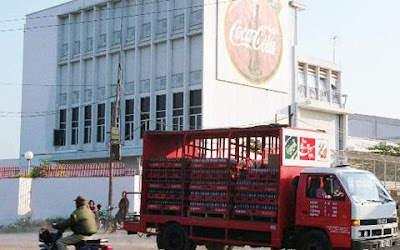 |
| The Arunji founder Janice Wilson showing a hair extension that is ready to ship from Phnom Penh, Cambodia. (Ron Gluckman for The New York Times) |
 |
| On the rooftop of Arjuni, a hair company in Cambodia, workers begin sorting the natural-grown hair according to length and quality (Ron Gluckman for The New York Times) |
By RON GLUCKMAN
The New York Times
PHNOM PENH, Cambodia — For an Internet start-up, Arjuni faces more challenges than usual.
The e-commerce site that sells hair extensions operates out of a five-story building here that lacks elevators and, sometimes, power. Employees typically have to travel to remote villages by motorbike or foot to pick up the goods that Arjuni sells. And the office floor is cluttered with piles of hair strands instead of computers.
But like many new ventures, Arjuni is harnessing the latest Internet tools like Twitter and social media to build a loyal customer base.
In just two years, the company, founded by Janice Wilson, has grown from a handful of employees to 80, and it now generates more than $1 million in revenue. The start-up is also slowly gaining market share from the industry’s dominant players in India and China, as well as retailers in the United States and Europe.



























